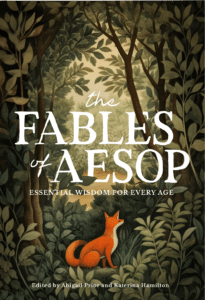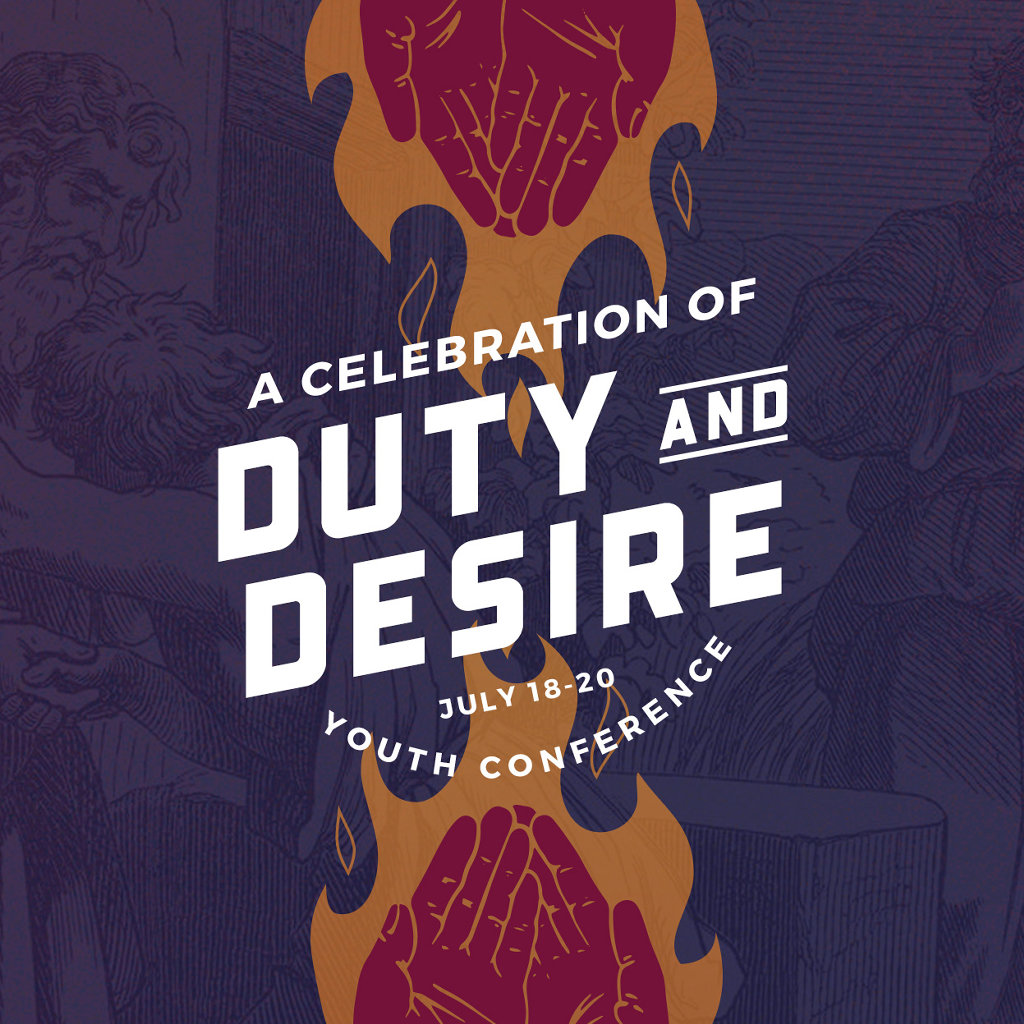Plato and Prayer

After an extended debate about teaching virtue in the Meno, Plato concludes his dialogue with two extended thoughts on virtue from Socrates. The central topic of conversation between Socrates and Meno in this dialogue is whether virtue can be taught. Socrates wisely sends Meno into intellectual confusion before rescuing him from his perplexity by teaching a slave boy geometry. Socrates then considers whether virtue can be taught using the example of the slave boy. The entirety of the dialogue is fascinating, and the debate about teaching virtue is intriguing, but one of the most significant portions is Socrates’ concluding thoughts before the close of the scene.
In summary, Socrates tells Meno that “we spoke and investigated in this whole discussion, virtue would be neither an inborn quality nor taught, but comes to those who possess it as a gift from the gods which is not accompanied by understanding.” Virtue, according to Socrates, is “a gift of the gods.”
A conciliary line can be drawn between the paganism of the Greeks and Christian trinitarianism. If virtue cannot be taught and it is a gift from the gods (for Christians God the Father, God the Son, and God the Spirit), then classical Christian education must consider the importance of prayer in teaching. Virtue can be discussed, pondered, and articulated. It cannot be downloaded, infused, or forced on to students. Indeed, Socrates concludes his statements to Meno by insisting that the exploration of virtue is extremely important. Yet, he cautions him against believing too strongly in the teacher’s ability to impart it. For Socrates, the gods play the chief role in giving virtue to man. Holding this to be true, Christian classical educators must remember, recognize, and understand that prayer is important, extremely important to training virtuous students. It is essential. Teachers must pray more for their students and their maturing in virtue. Teachers must humbly recognize their dependence upon the Godhead for true virtue to take root in their students.
In an American Literature course during my second year of college, my excellent literature professor began one of the early semester classes by saying, “If you do not pray for your papers and pray as you write, then you are not being Christian about your schoolwork.” My offense turned to conviction, and I began to pray small prayers over individual assignments from that point forward. This short, formative habit has turned nature into grace for me. It has sanctified a practice that I was doing alone. Trinitarian prayer has transformed it into a work toward holiness, and it has delighted me in God in ways I did not previously recognize.
In the same way, classical teachers must understand that virtue and holiness are gifts of God to each student. They come only by prayer and fasting. If we wish to aid the church and parents in their work of raising saints, then we must be praying teachers. We must pray more frequently for the little things that constitute our planning periods, grading, conversations, lectures, readings, and Socratic discussions. We must depend only upon God. We must yearn for humility before God as we seek virtue in our students. We must remember, as Peter Leithart wrote, “Christians don’t toss up prayers and praise toward a Triune God who lives at a great distance in heaven. Christian’s worship is worship within the Trinity.” And so, let us teach from within it too.
Finding the end of our abilities as teachers is one of the best gifts we could ever give our students. Accidentally, it is one of the greatest gifts education could ever give us. So, let us ora et docere, teach and pray, that our souls and the souls of our students would be saved.
Travis Copeland
Travis Copeland is the Head of Upper School at Covenant Classical School, where he also teaches humanities. He has degrees in history and humanities. When not teaching or writing, Travis aspires to a Hobbit lifestyle of gardening, baking, poetry, and good fellowship around good food.





